The relevance of Advance Placement classes today

In the world of education, skill and focus are key for success. Students who want to challenge themselves and potentially raise an eyebrow in the college world take Advanced Placement classes in high school. These AP classes are college courses for a high school classroom.
These classes challenge students to critically think and improve their problem solving scenarios, but are they still relevant for college? Most colleges now make students take their own college course, discarding the high school course. So this raises the question; Are AP classes still relevant?
Evangelina Tello is the academic advisor at FC. She explains why AP classes should be taken and how they help students. She also mentioned what colleges look for in students.
“I believe AP classes are still relevant,” Tello said. “They challenge the students academically and at the end of the school year there are the AP tests that students are welcome to take. If they pass with a three or higher they are granted college credit. It’s really awesome because once they graduate into college they can use that college credit towards their bachelors degree.”
“It’s a really cool opportunity that students should take advantage of,” Tello continued. “Universities, besides looking at AP classes, are looking at the students overall. They look at how the student was involved on campus, in clubs, or in their community. They want to see a students as a whole.”
In an article on StudyPoint.com, a one-to-one, in-home test prep and academic tutoring program, the editor wrote on the topic of AP classes. It mentioned, “AP classes will also improve intelligence. It will improve writing skills, challenge students to think critically and help students to face problems better. AP students learn to guide themselves through the academic mountains in college courses.”
Fresno Christian Schools offers a variety of AP classes with some on a rotation. These include AP U.S. History, AP European History, AP Literature and Composition, AP Language and Composition, AP Biology, AP Calculus AB and AP Statistics.
Joey Huang, ’18, is taking three AP classes. Her courses are AP Calculus, AP U.S. History and AP Literature and Composition. She explained why it is important as a student to take AP classes.
“I do believe that AP classes play a huge role in high school academics,” Huang said. “It is essential for students with different interests and want to pursue deeper. Personally, I find AP classes more advanced and the knowledge very satisfying to learn. These classes presented great challenge of time management, but pushed me to be more self-disciplined and hardworking.”

Besides teaching biology and zoology, Dr. Karen Walters also teaches AP biology. She mentioned h0w taking AP classes will affect students in the long term, building knowledge and saving time.
“AP classes are definitely relevant,” Walters said. “High school is a great time to explore subjects that you interest you. Students are making life choices about colleges, careers and life paths. The more exposure to different areas of study the better. I think it is important that high schools offer a chance for students to explore their interests and talents beyond the introductory level.






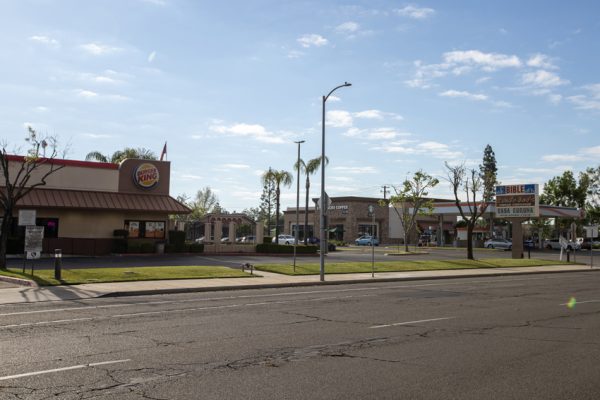


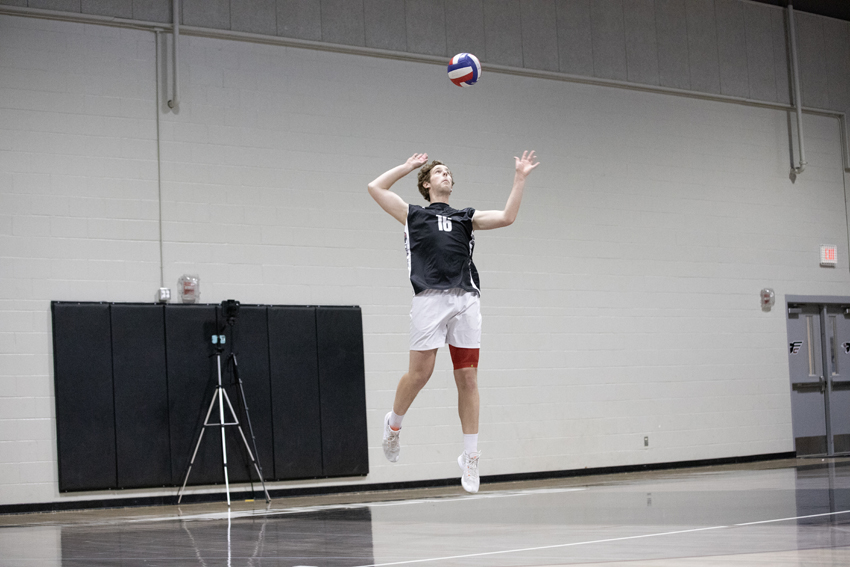
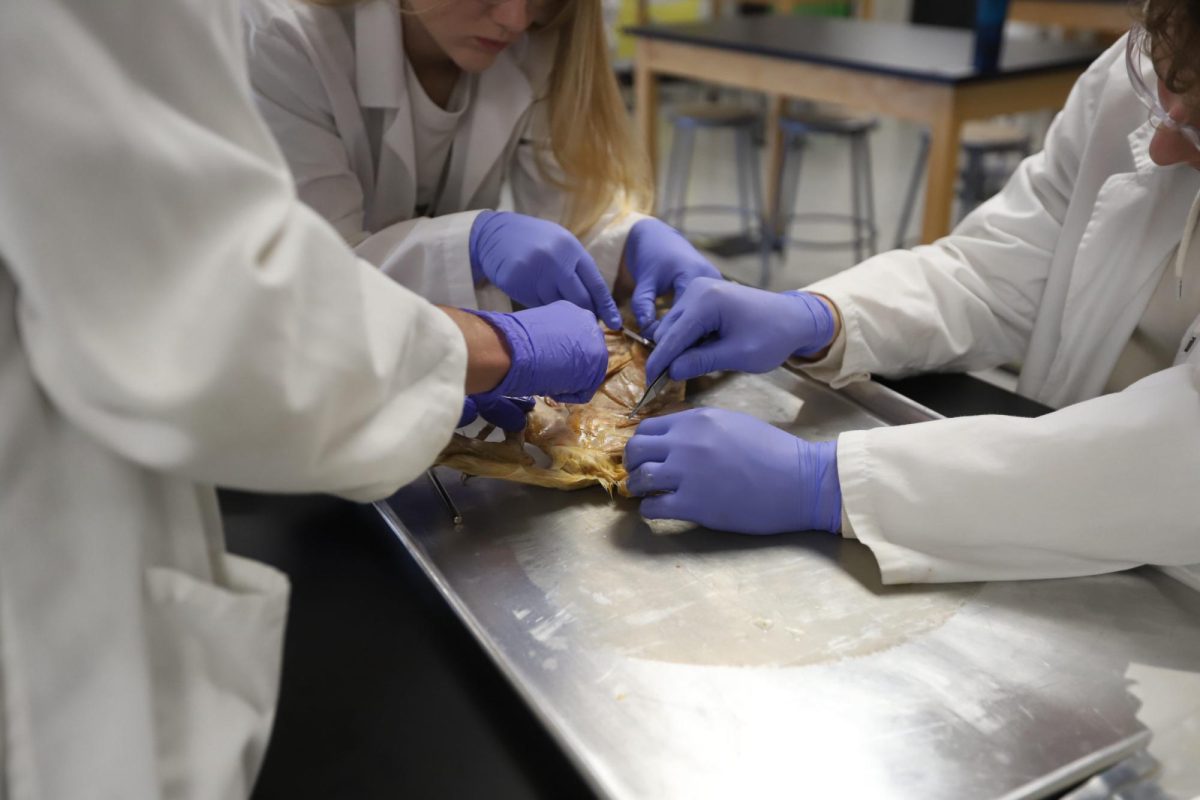
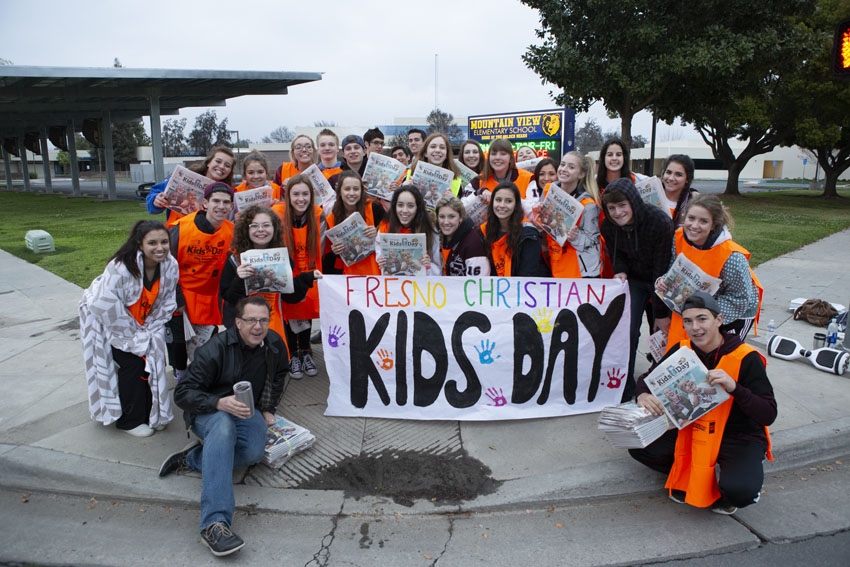
![[Video] 100th CSPA Spring Journalism Conference](https://thefeather.com/wp-content/uploads/2024/04/20240308-cspa-crown-002.jpg)
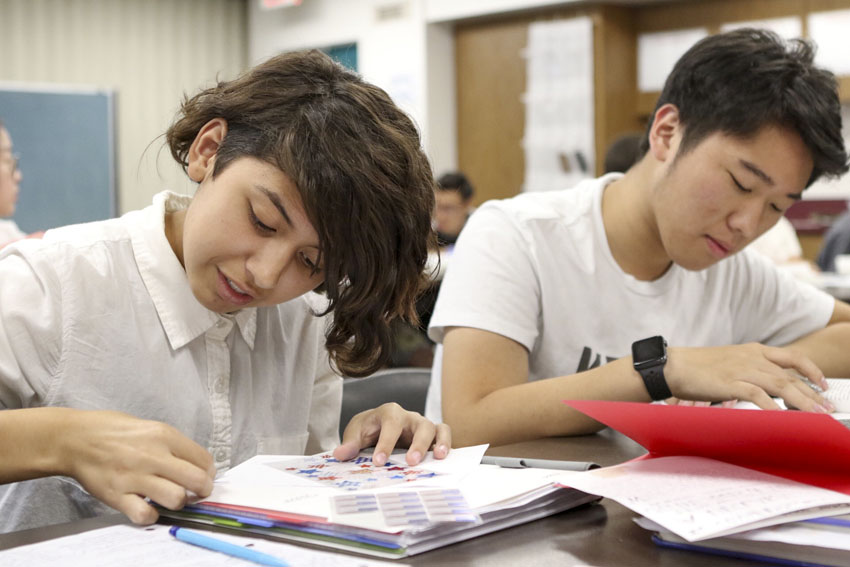





Kyler • Apr 13, 2018 at 2:43 pm
Good information to know, good article
Lauren Estes • Apr 13, 2018 at 1:40 pm
This article was very beneficial to me as I am currently taking AP literature. I found the information provided to be very helpful and now I know that all my hard work will be worth it. My senior year I now feel confident in my plan to take more AP classes.
Bethany Pouliot • Apr 13, 2018 at 11:55 am
Very informational, great article.